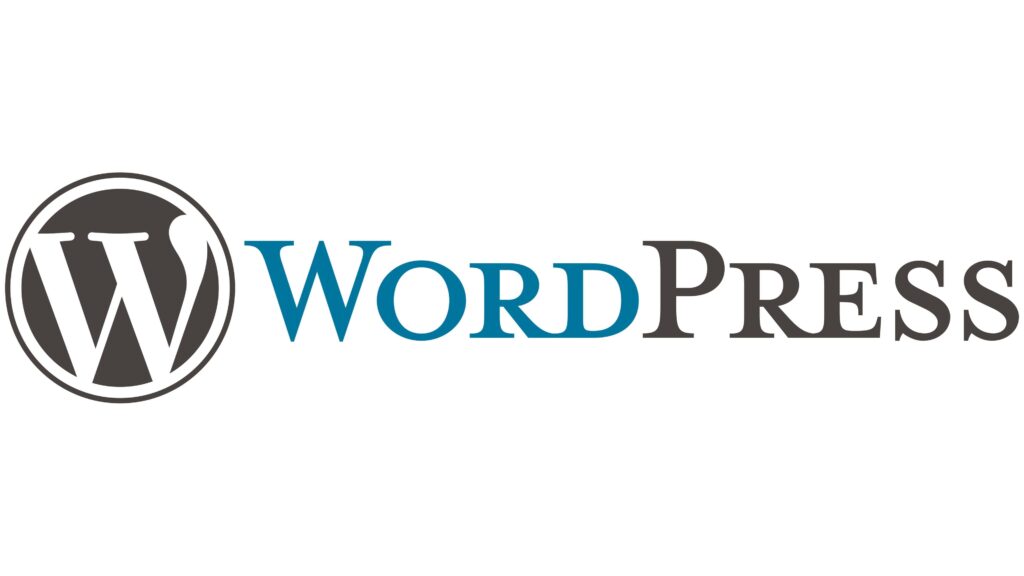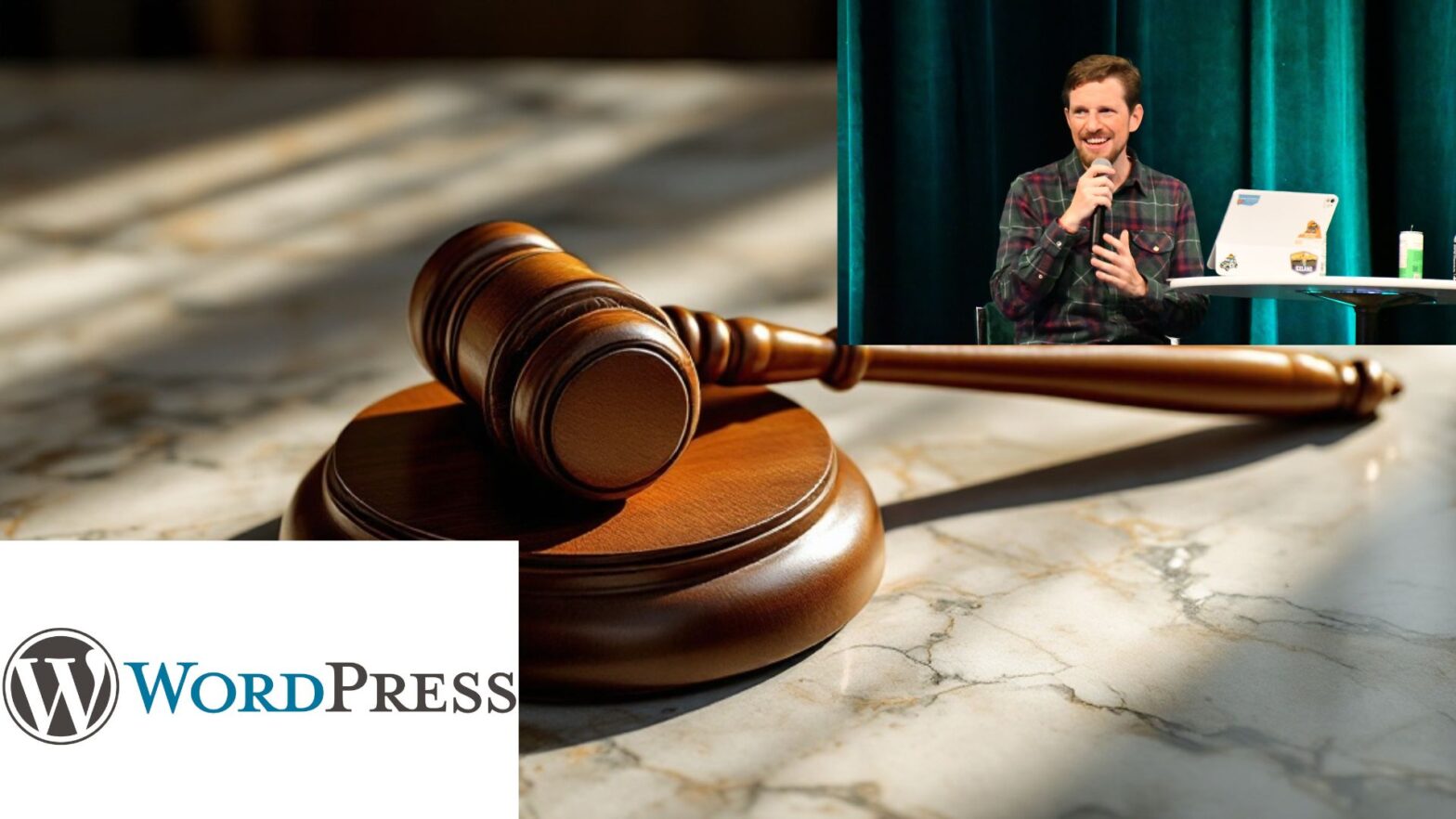In a stunning development that has sent shockwaves through the web development community, WordPress co-founder Matt Mullenweg warned that ongoing lawsuits could force the closure of WordPress.org, potentially affecting millions of websites worldwide. This dire prediction comes amid an escalating legal battle with WP Engine, raising questions about the future of the platform that powers approximately 40% of the internet.
The conflict, which began in late 2024, stems from Mullenweg’s controversial keynote address where he labeled WP Engine a “cancer to WordPress” for allegedly insufficient contributions to the open-source project. Following this inflammatory statement, Mullenweg took aggressive actions to restrict WP Engine’s access to critical WordPress resources, prompting the hosting company to file a lawsuit against Mullenweg and his company, Automattic, in October 2024.

In a significant development, a federal judge granted WP Engine a preliminary injunction against Mullenweg’s actions, ruling that his conduct had caused substantial harm to WP Engine’s business. Despite this setback, Mullenweg remains defiant, insisting that “everything I’m doing is to defend the long-term health of WordPress.”
The WordPress community’s response has been largely negative. A popular WooCommerce developer who has published nearly 600 free tutorials pleaded with Mullenweg to reconsider his approach, emphasizing how the instability affects thousands of developers and small agencies who depend on WordPress for their livelihood.
Joost de Valk, founder of Yoast, criticized Mullenweg’s leadership style, suggesting that his actions no longer reflect the benevolent leadership the community expects. Some developers are already considering alternatives, with discussions of migration to platforms like Drupal or ClassicPress gaining traction.
The situation has become so contentious that it spawned its own subreddit dedicated to discussing the ongoing drama, reflecting the community’s deep concerns about WordPress’s future. According to Mullenweg, the legal proceedings could stretch into 2026 and 2027, potentially consuming significant resources and time.

As this battle continues, the fundamental question remains: Is WordPress truly at risk, or is this a tactical move in a high-stakes legal chess game? With billions of dollars in livelihoods at stake and the future of web publishing hanging in the balance, the answer may shape the internet’s landscape for years to come.















